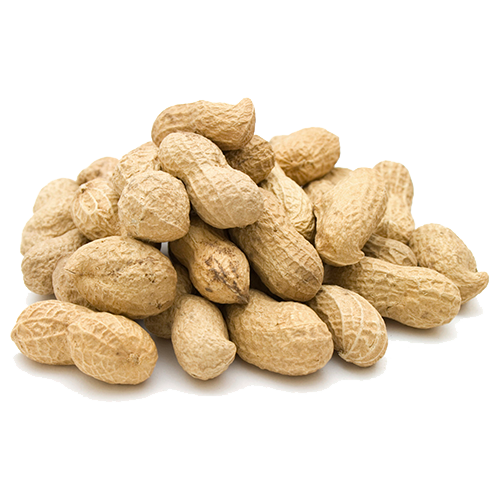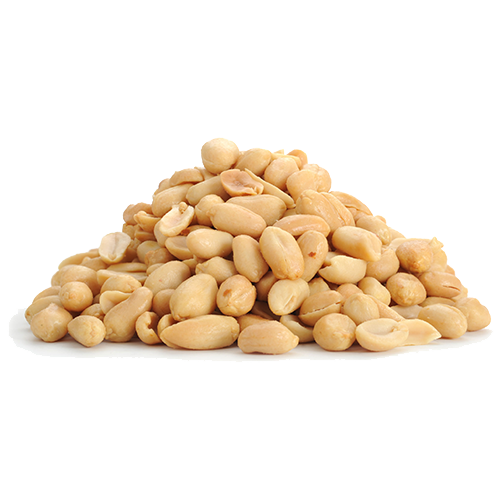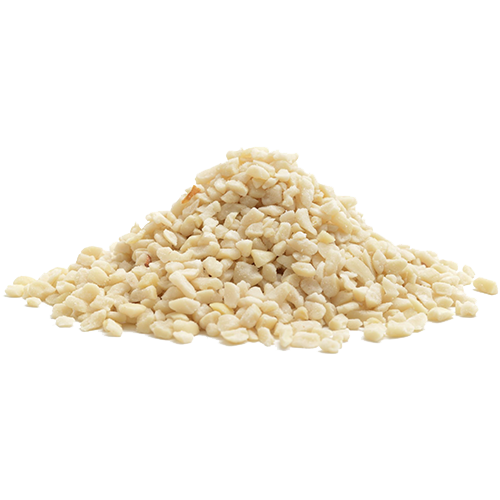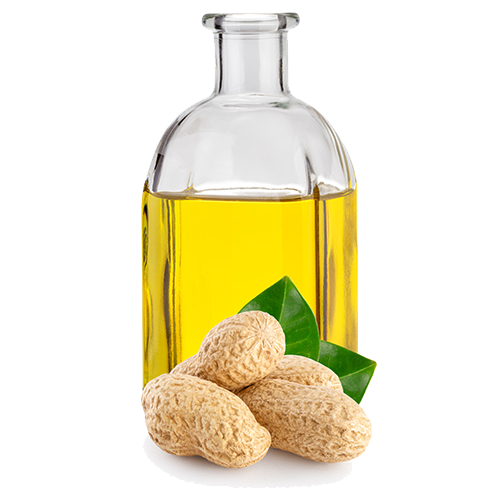peanuts
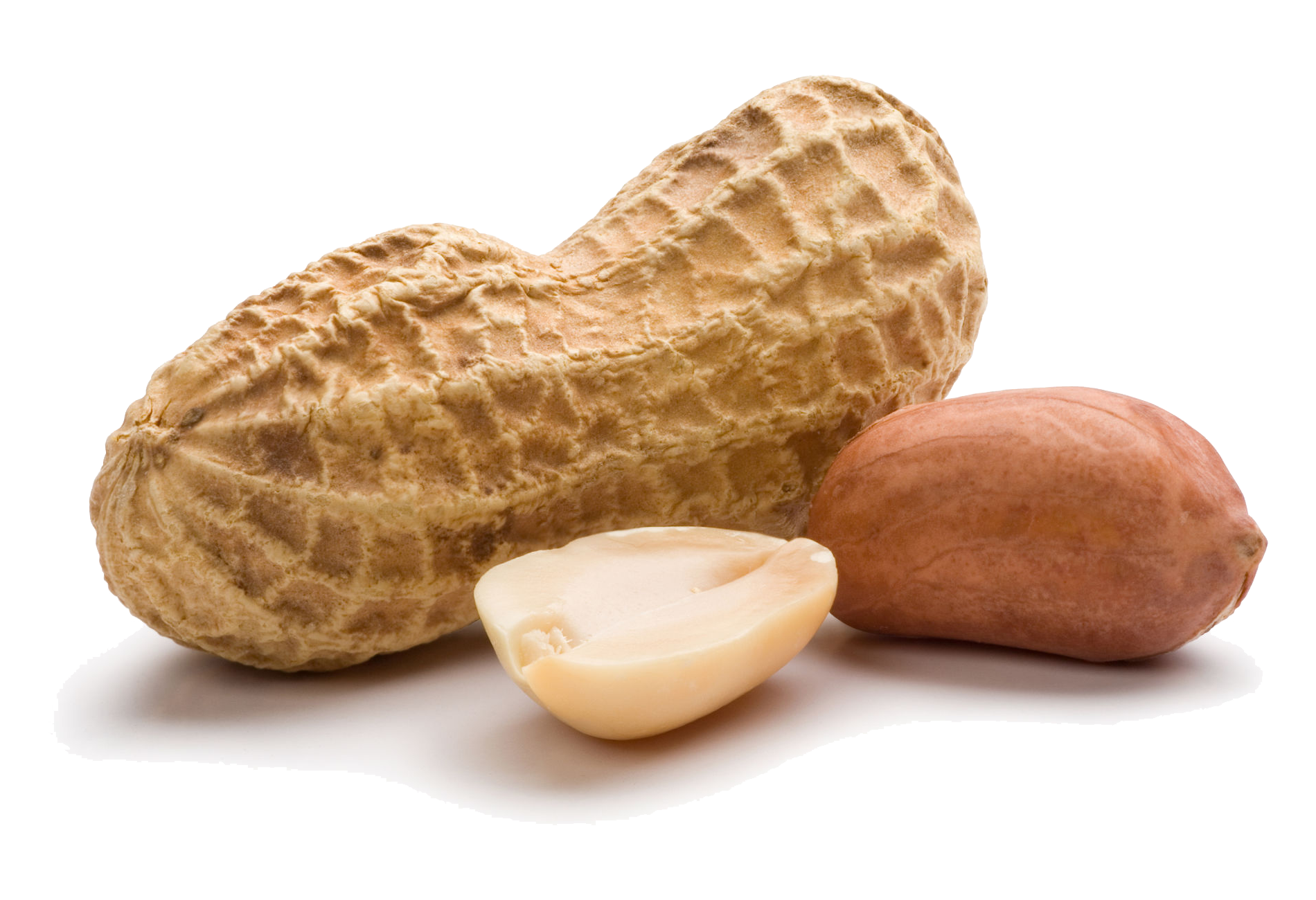
Description
Peanuts have the same taste and nutritional value as walnuts and almonds. Peanuts are also very nutritious. They contain many essential nutrients and are an excellent source of manganese, niacin, etc. and are a good source of vitamin E, folic acid, fiber and phosphorus. Peanuts are known for 8 essential nutrients, such as reducing the risk of heart disease, weight control, stabilizing blood sugar levels, increasing metabolic rate in the human body and so on.
The types of peanuts available in the market include raw, salted, peeled, skinless, and peanuts.
Peanut is a plant native to South America and from there has been taken to various parts of the world. The plant is an annual plant and is 30 to 50 cm tall. Peanuts native to Brazil. Warm climate is suitable for growing this plant. Peanuts have straight stems. Its leaves are composed of two pairs of leaflets.

Harvest season
peanut, which is the root of a one-year bush, is cultivated in Astana from the beginning of May to mid-June and is harvested in the middle of September to the end of Mehr. The quality of the soil and the seed are two important factors in obtaining high-quality peanuts.
Considering that buying agricultural products during the harvest season allows you to get a quality product at a better price, we recommend that you take the necessary steps to place an order in advance. we will help you along the way.

BENEFITS
Cardiovascular disease, Alzheimer's disease and infection:
Peanuts mainly prevent cancer, heart disease, neurological diseases or any viral fungus and increase the production of nitric oxide in the body.
No carbohydrates:
Women are generally more prone to obesity at different stages of life. This can be after pregnancy or hormonal changes, menopause or depression, and it is observed that women who include peanut butter in their diet at least twice a week have a lower risk of obesity. To prevent obesity, it is recommended to eat peanuts regularly.
Peanuts for skin care:
They contain high levels of antioxidants found in peanuts, which become more active when cooked. Genistein and an antioxidant called biochannin treat free radical damage to the skin. Peanuts make you look younger.
Peanuts Vitamins and Minerals:
Peanut shells are a great source of antioxidants and are high in dietary fiber. Different types of peanut shells contain a lot of nutrients. Adding peanut butter to your daily diet can increase your food content.
Peanuts for healthy bones:
The abundance of iron and calcium in peanut butter is the most important factor in transferring oxygen to the blood and improving healthy and strong bones. They are energy boosters with large amounts of vitamins, minerals.
Peanuts to fight depression:
The main cause of depression is low serotonin levels. The tryptophan in peanuts increases the secretion of chemicals and thus helps fight depression. To prevent these dangerous diseases, consuming at least 2 tablespoons of peanut butter a week will help your fitness and health.
Peanuts are a source of B vitamins:
Eating 1.5 ounces of peanuts a day may reduce the risk of heart disease. Peanuts are a healthy food and a good source of B vitamins.
Peanuts to protect against neurological diseases including Alzheimer's:
Peanuts are high in niacin, and people who eat foods rich in niacin (vitamin B3) are less likely to develop memory problems, such as Alzheimer’s disease. Niacin in peanut butter helps to heal such deadly nerve cells.
Peanuts to fight cancer:
Polyphenols are present in high concentrations in peanuts. Kumaric acid has the potential to reduce the risk of stomach cancer. This helps reduce cancer cells.
Peanuts to fight bowel cancer:
Peanut cancer is reduced by up to 58% in women and 27% in men with peanut consumption.
Peanuts for blood sugar:
Regular consumption of peanuts helps absorb calcium, fats and carbohydrates through the manganese found in peanuts. Regulates blood sugar levels in the human body.
Fertility facilitation:
Folic acid reduces the birth of children with severe neurological disorders or neural tube defects. If peanuts are consumed during or before pregnancy, the risk of disease is reduced by up to 70%.




